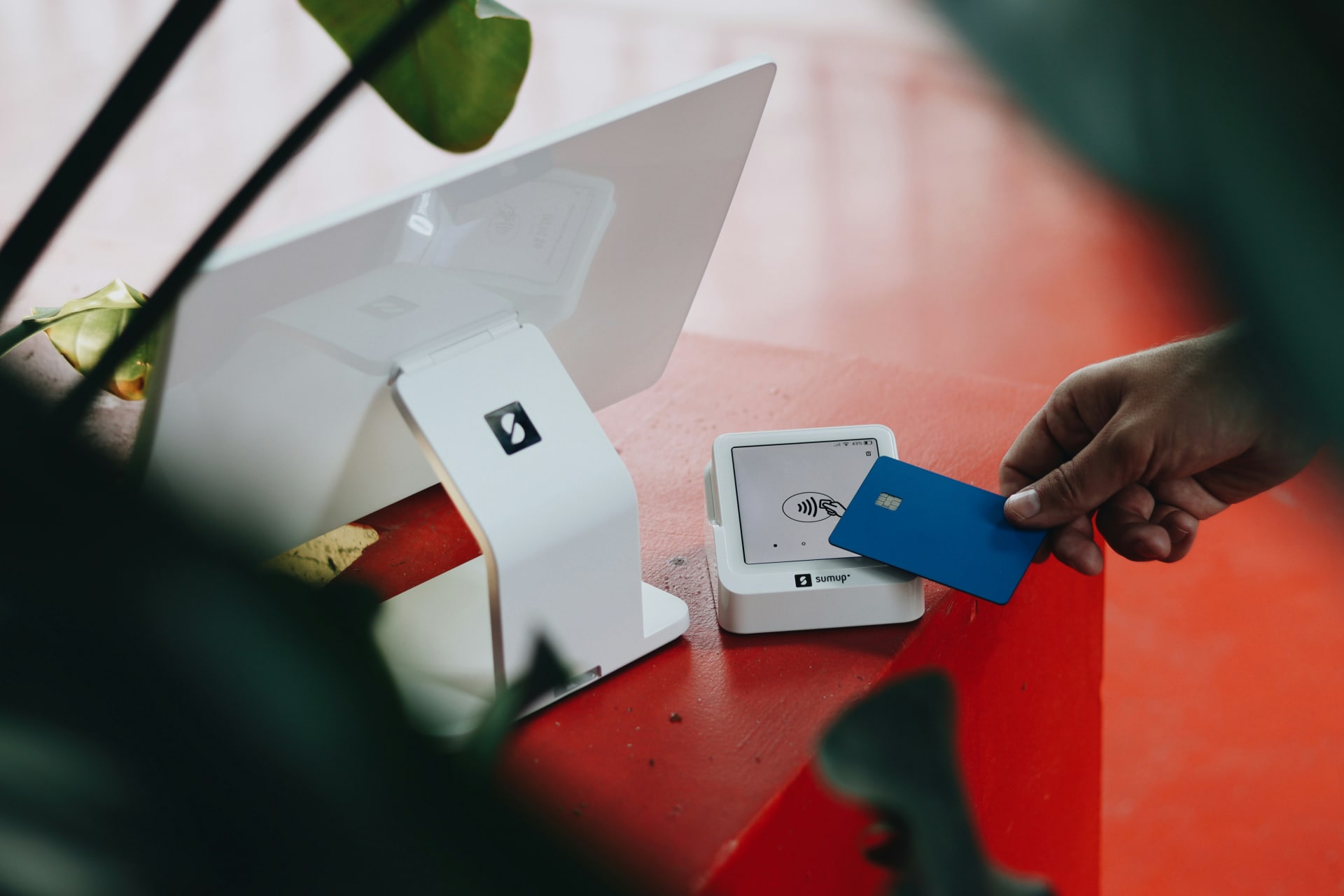With the rise in contactless payments and subscription services, it's all too easy to lose track of where your money is going. But getting a handle on your spending habits is key to becoming financially stable and reaching your long-term goals.
Tracking your spending can give you real insight into your habits and help you spot areas where you can make some changes.
Why tracking spending matters
Keeping an eye on spending is the first step towards taking control of your finances. By having this breakdown, you can make more informed financial decisions. It can also help you develop a sense of discipline and reduce stress related to money worries.
Identifying spending patterns and areas for improvement
You can take steps to improve your circumstances when you discover any behaviours that are harming your finances. For example, you might find that you're spending a lot on dining out or takeaways – two areas where you could easily cut back.
It's important to track all your spending, from everyday purchases to larger expenses, to gain a full understanding of where your money is going. Regularly reviewing your financial activity can help highlight areas where adjustments can be made.
Using mobile apps and tools to automate tracking
The rise of fintech and open banking regulations in the UK has made it easier than ever to track your spending.
Open banking lets you securely share your financial data with authorised third parties, giving you a complete overview of your circumstances, and most good [credit card apps] will automatically categorise your spending to give you a clearer picture of your spending habits. This takes a lot of the manual admin out of the job for you.
Creating and sticking to a budget
A budget is just a plan for how you want to spend and save your money. It helps you identify areas where you can cut back and allocate more money towards your savings or debt repayment goals.
There are many different budgeting methods available, including the 50/30/20 rule. This suggests allocating 50% of your income to essential expenses, 30% to discretionary expenses, and 20% to savings or debt repayment. You can always tweak it slightly to better fit your situation, though.
Long-term benefits of financial awareness
Maintaining a spending log can really pay off in the long run. It can help you save more, manage debt better, and eventually feel more financially secure.
Additionally, understanding your spending habits can help you make smarter choices, like deciding when to buy a house or start saving for your retirement.








